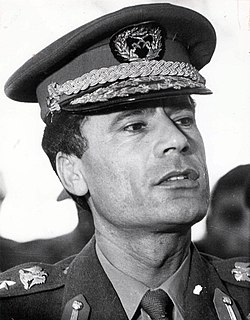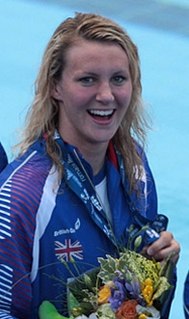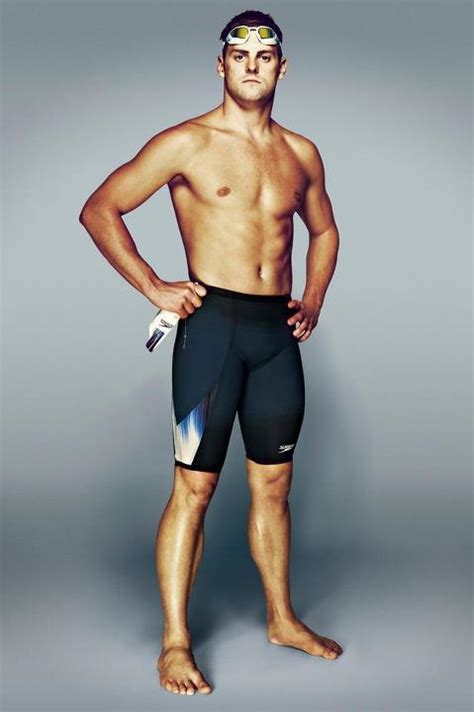A Quote by David E. Cooper
Like Nietzsche's own writings on education, most of mine were relatively youthful ones. Both were inspired by a critical animus against prevailing trends in education: in Nietzsche's case, the production either of 'useless', dry-as-dust scholars or people 'useful' for the needs of an expanding industrial economy; in my case, a similar subjection of education to economic imperatives, but also to ideological obsessions, notably with promoting 'equality'.
Quote Topics
Related Quotes
I rather shared Nietzsche's conception of the kind of individual that an ideal education should be cultivating. 'Authenticity' is not Nietzsche's term, but as used by some existentialists, it nicely captures what Nietzsche admired - the resolve of an individual person to forge his or her own 'table of values', to be emancipated from strait-jacketing conventions, traditions, and ideologies. As embodied in the 'Overman', authenticity is the antidote to 'bad' nihilism.
I find it hard to understand why those who demand Unitary Education by the State do not also demand a Unitary Press by the State... Either the State is infallible, in which case we could not do better than to submit to it the entire domain of intelligent thought, or it is not, in which case it is no more rational to hand over education to it than the press.
My parents were not formally educated. Both were cognizant of the importance of education. The teachers and ministers were the role models, and they would say, you should want to be like Miss Gardiner, you should want to be like Mr. Freeman, or be like your dad. Shun the people who don't value education.
When [Jimmy] Carter did quote them, he quoted them in what I believe were misapplications, such as arguing for the creation of a federal Department of Education. In one case, Carter quoted [Tomas] Jefferson's and [George] Washington's appreciation of education and then, in a leap, implied that they would be delighted that he was creating a giant federal bureaucracy for education.
Education as a democratic project always presupposes a vision of the future in its introduction to, preparation for, and legitimation of particular forms of social life. It is utopian in its goal of expanding and deepening the ideological and material conditions that make a democracy possible. As a moral and political practice, education produces the modes of literacy, critique, sense of social responsibility, and civic courage necessary to imbue young people with the knowledge and skills needed to enable them to be engaged critical citizens willing to fight for a sustainable and just society.

































